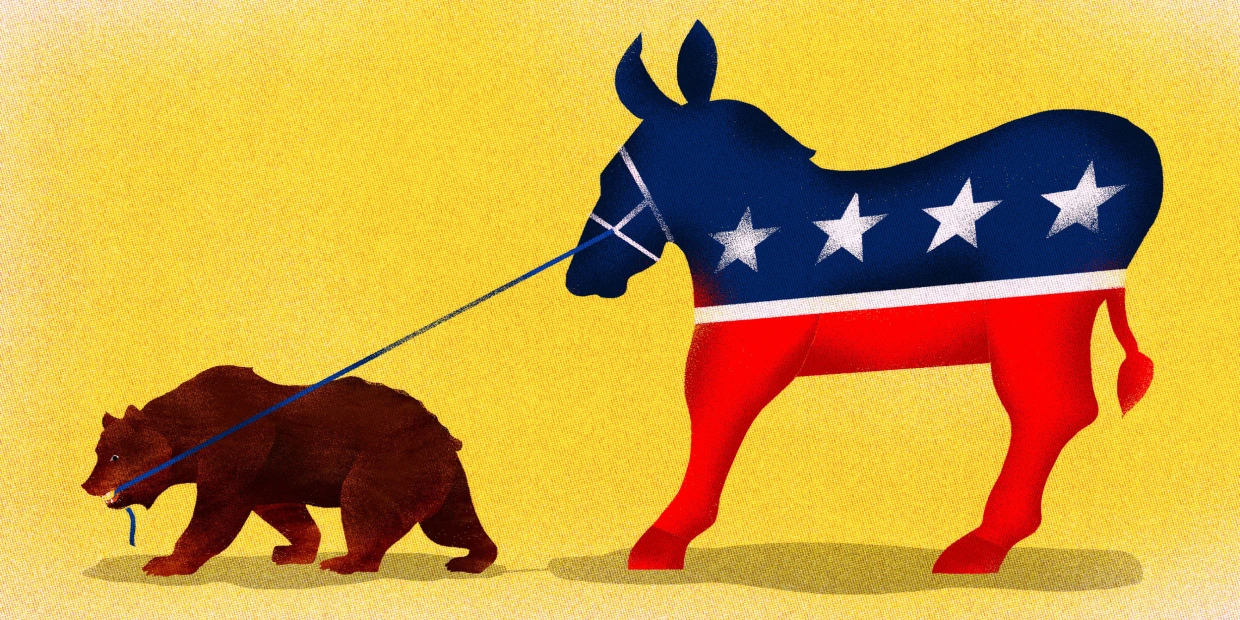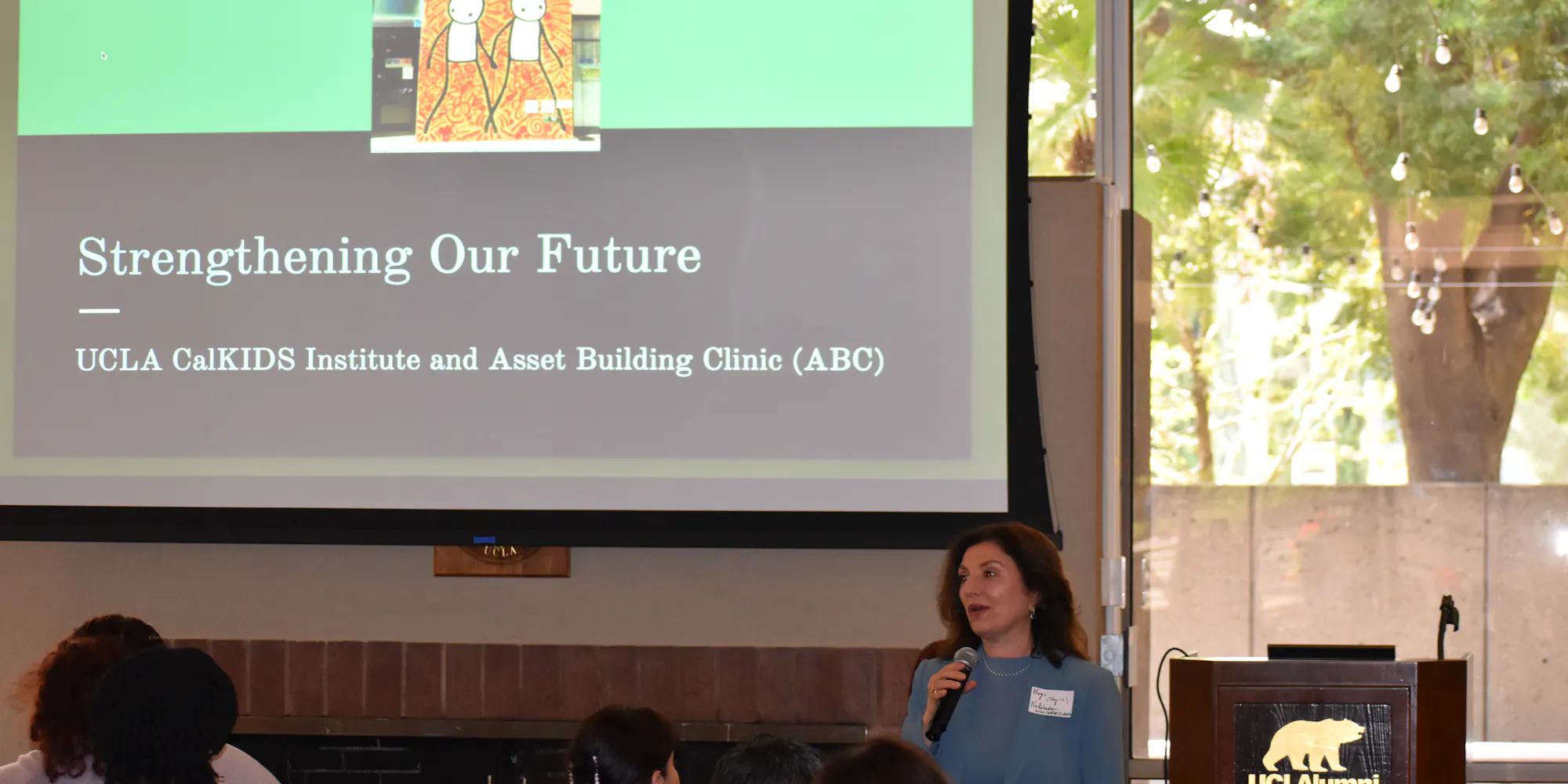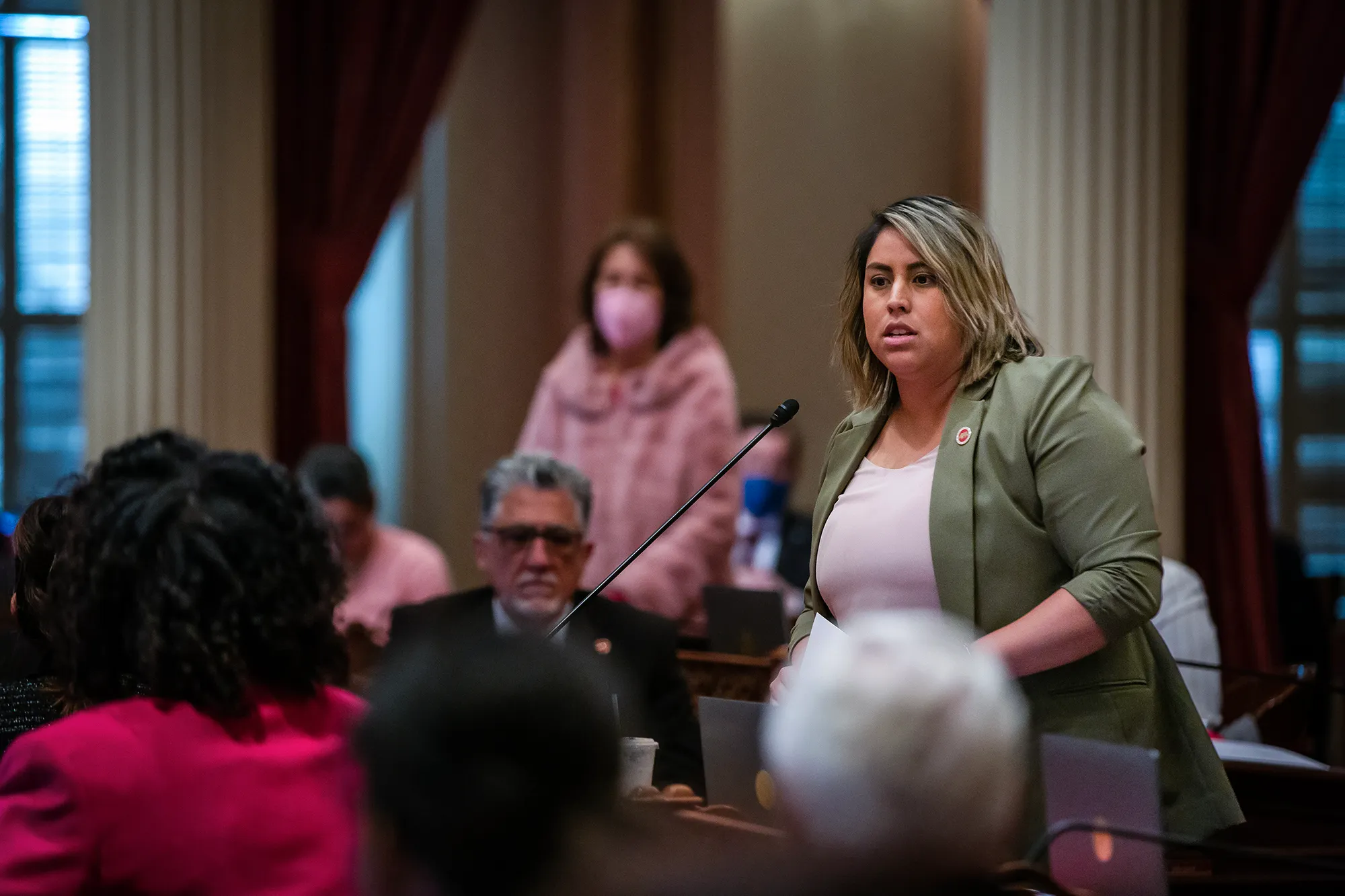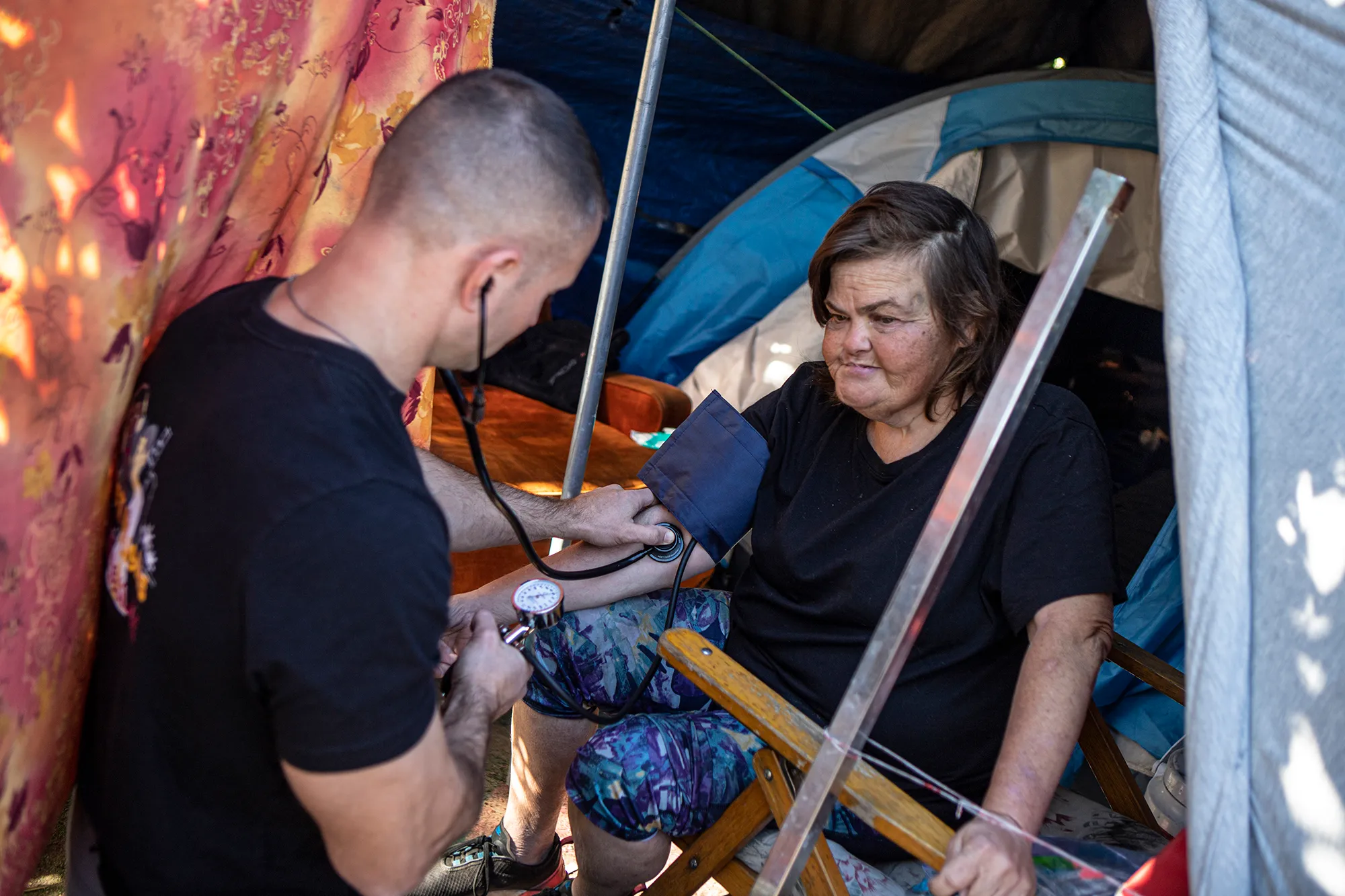Schiff Outsmarted Them or Did They Outsmart Themselves?
Progressive activists have found themselves on the losing end of the U.S. Senate race and in increasingly struggling within the California Democratic Party fights over single-payer health care, endorsements and donations from fossil fuel companies. Those tensions were on full display against Adam Schiff.
By Ashley Chase
Prominent movements like Occupy Wall Street
and Black Lives Matter have had an impact.
But none achieved their ambitions.
—The New York Times
The outrage from some progressives in the California U.S. Senate primary is a reality that presumptive nominee Adam Schiff will have to face within his own party as he works to consolidate the Democratic vote for the November election.
While he consistently placed first in polls among Democratic voters overall, Schiff was mostly popular among older, whiter homeowners, while Progressive favorite Katie Porter had more support among younger voters and those who identified as progressive Democrats, according to a UC Berkeley Institute of Governmental Studies poll.
But could the splinter with progressives hurt Schiff’s chances of winning in November?
Unlikely, said Democratic strategist Garry South, who voted for Schiff.
“If progressive voters sit out the Senate race when the opponent to Adam Schiff is Steve Garvey, a guy who voted for Donald Trump twice, (you) might have to question their motivation,” he said.
Still, one of the troubling memories for Democrats on primary night were the chants for a ceasefire in Gaza that broke out minutes into Schiff’s victory speech, bringing the celebration in Los Angeles to a brief halt.
“Let Gaza Live!” Pro-ceasefire protesters scattered in the crowd repeatedly yelled, some holding their fists high.
It was a signal that progressives in California are growing more frustrated with some Democratic officials’ reluctance to call for a permanent ceasefire in Gaza as civilian casualties rise.
During the California Democratic Party convention last November, Rep. Barbara Lee — the only one in the race to call for a permanent ceasefire at the time — won the plurality vote from party delegates, as pro-ceasefire protesters chanted her name.
But South shrugged off the criticism, arguing it is “fair game” in a top-two primary for a candidate to target any of their opponents, regardless of party affiliation.
Schiff has been in lockstep with the White House on the issue, backing a call for a temporary ceasefire backed by President Joe Biden.
Vice President Kamala Harris has called for an “immediate ceasefire” for at least six weeks as the administration continued to negotiate with Israel on a deal.
Biden has faced backlash from progressive voters for his stance on the Israel-Hamas war.
In a February poll, 46% of the Democrats said they were dissatisfied with Biden’s handling of the situation.
In states including Minnesota and Michigan, droves of voters voted “uncommitted” to express their frustration with Biden’s stance on the Gaza war as he faces a sure rematch with Trump in November. In a similar protest, California leaders with the Council on American-Islamic Relations called for Democratic voters to leave the presidential race blank.
Joseph Geevarghese, executive director of the grassroots advocacy group Our Revolution, which supported Lee, has argued that a temporary ceasefire is not enough, and that Biden’s shift toward a temporary ceasefire was merely “rhetoric.”
“The base is angry and disgusted with the conduct of foreign policy by the U.S. government, and wants to see concrete action,” he said.
“I see both the administration and Adam Schiff recognizing there’s deep voter discontent, but not necessarily fully responding to it in a way that would win back the trust of key parts of the Democratic base and motivate them.”
But efforts to elevate Porter or Lee into the November election still fell short — a result most progressive groups blamed on Schiff’s strategy.
“Ultimately, the more than $11 million scheme that Schiff and his allies invested in to keep progressive women off the ballot proved insurmountable in a low voter turnout election in California,” reads a statement from Power PAC, a progressive group supporting Lee.
“I know there’s all kinds of tut-tutting about the supposed cynicism of Schiff boosting Steve Garvey, but the fact of the matter is neither of the two so-called ‘progressive’ candidates, Barbara Lee or Katie Porter, had the resources to do much of anything,” he said. “This wasn’t dirty pool.”
The two candidates’ failure to advance out of the primary shows an “ongoing struggle” for progressives to break through, Geevarghese said.
“It is a problem that the progressive movement got splintered in California,” he said. “There is an establishment Democratic bloc that does have the reins on power. Whether it’s through the party, and then through their candidates, it’s challenging for our movement to be able to break through.”
Inspired by the unabashedly leftist presidential campaign of U.S. Sen. Bernie Sanders of Vermont in 2016, a wave of political outsiders once seemed poised to remake the California Democratic Party.
But the momentum of their movement, which coincided with heightened liberal energy in resistance to then-President Donald Trump, appears to have crested.
Sanders supporters organized early on to elect new delegates to the state party, giving the progessive wing more influence to push for policy positions and endorsements for candidates who could challenge establishment stalwarts including the late U.S. Sen. Dianne Feinstein from the left.
Yet in the eight years since, they’ve struggled to achieve their biggest and most consequential goals, including twice failing to elevate one of their own to lead the California Democratic Party. At the end of February 2022, party officials adopted new restrictions on campaign contributions that fell short of progressive demands to stop taking money entirely from fossil fuel companies, law enforcement unions and health insurers.
But some progressives say that where California elections matter is in what happens within the Democratic majority.
“In this respect, Schiff’s win reflects a more useful trend,” wrote author Joel Kotkin, the Hobbs Presidential Fellow in Urban Futures at Chapman University, in the Unherd. “San Francisco, battered and humiliated by its awful social disorder, has moved back towards rationality, endorsing proposals to boost police surveillance and requiring drug testing for welfare recipients by surprisingly wide margins.
“A similar trend may be emerging in Los Angeles. The state’s dominant urban centre remains firmly Democratic, but unease over crime threatens the career of DA George Gascón. In a race featuring nearly a dozen candidates, Gascón came in first but with less than a quarter of the vote.
His leading challenger will be Nathan Hochman, a former federal prosecutor who once ran as a Republican. “Although now an independent, Hochman can expect the Democratic machine, financed by rich progressives and public employees, to use the GOP label as something close to erstwhile membership of the Nazi Party.”
ASHLEY CHASE is an Oxford-educated content creator and writer-at-large with LAMonthly.org. She can be contacted at ashley@ashleychaseliterary.com













